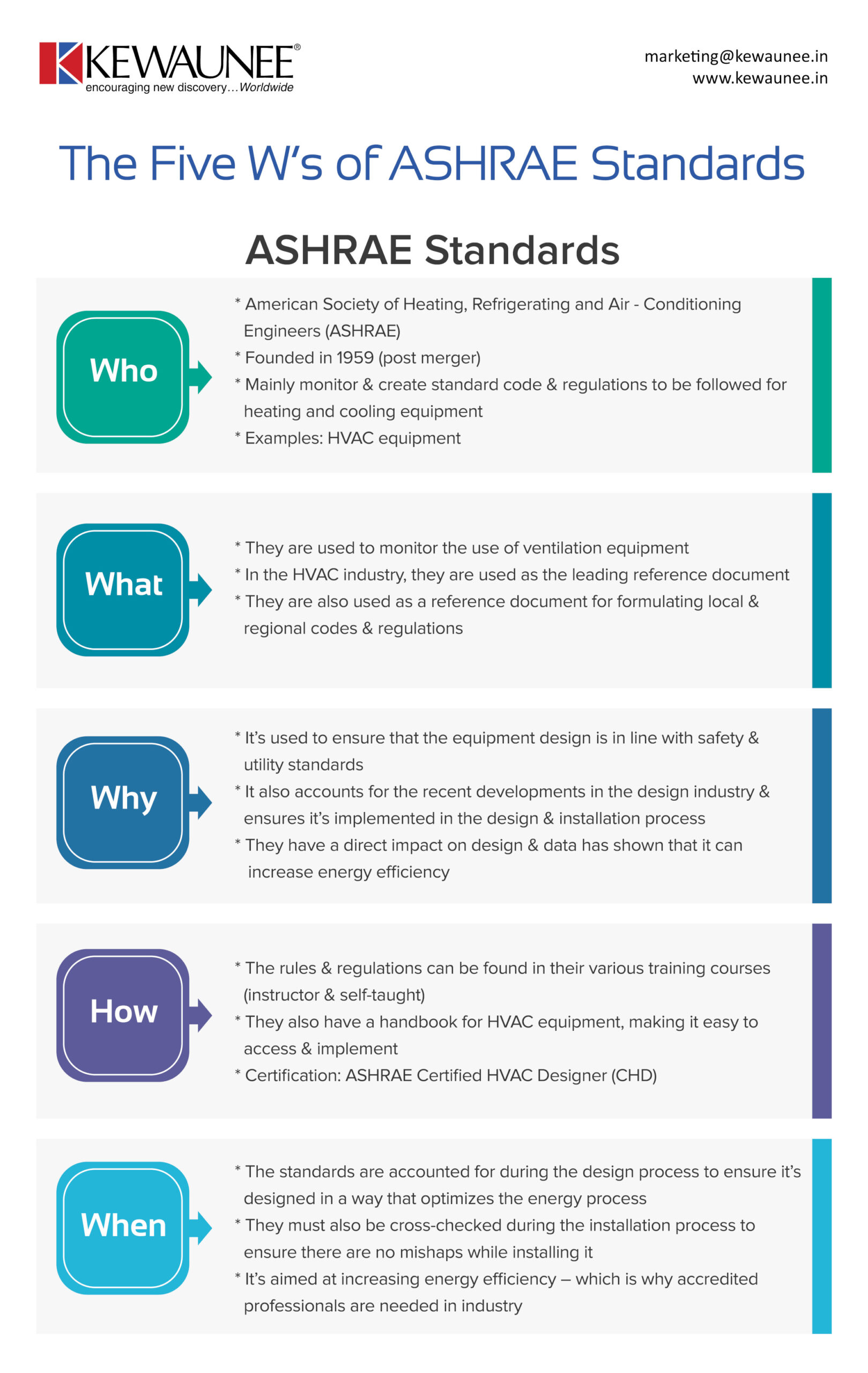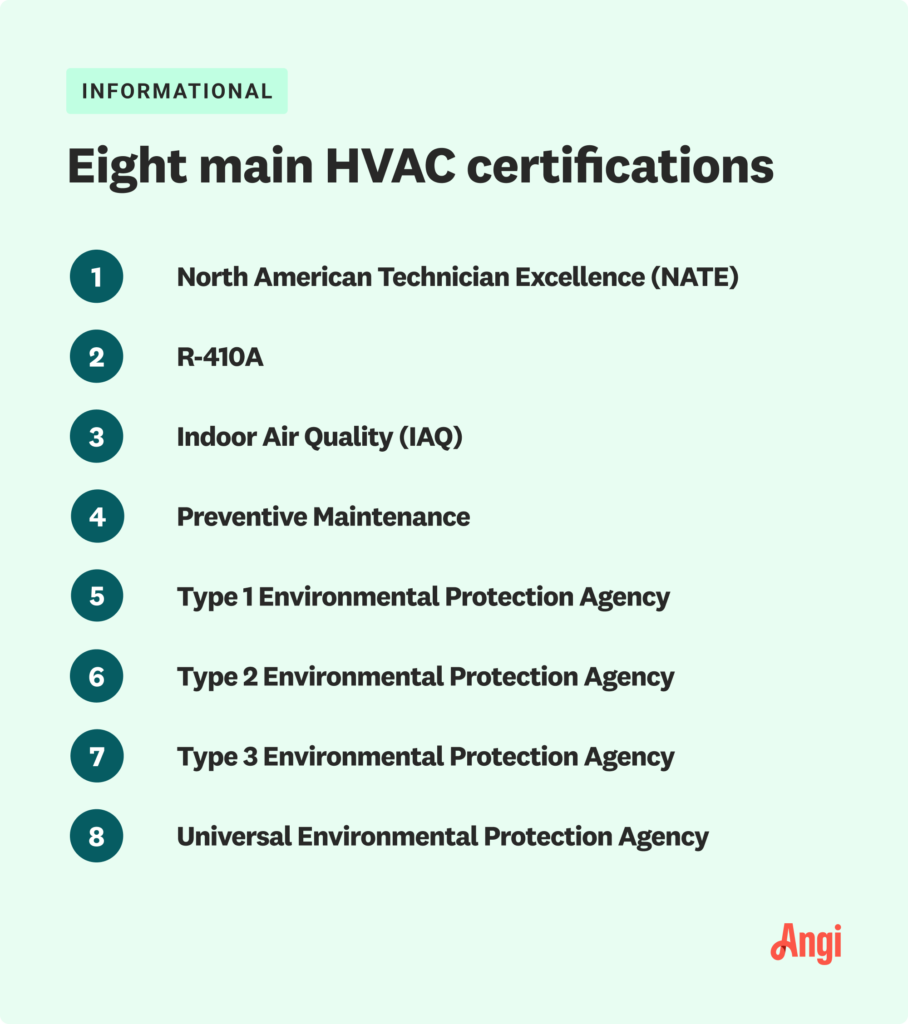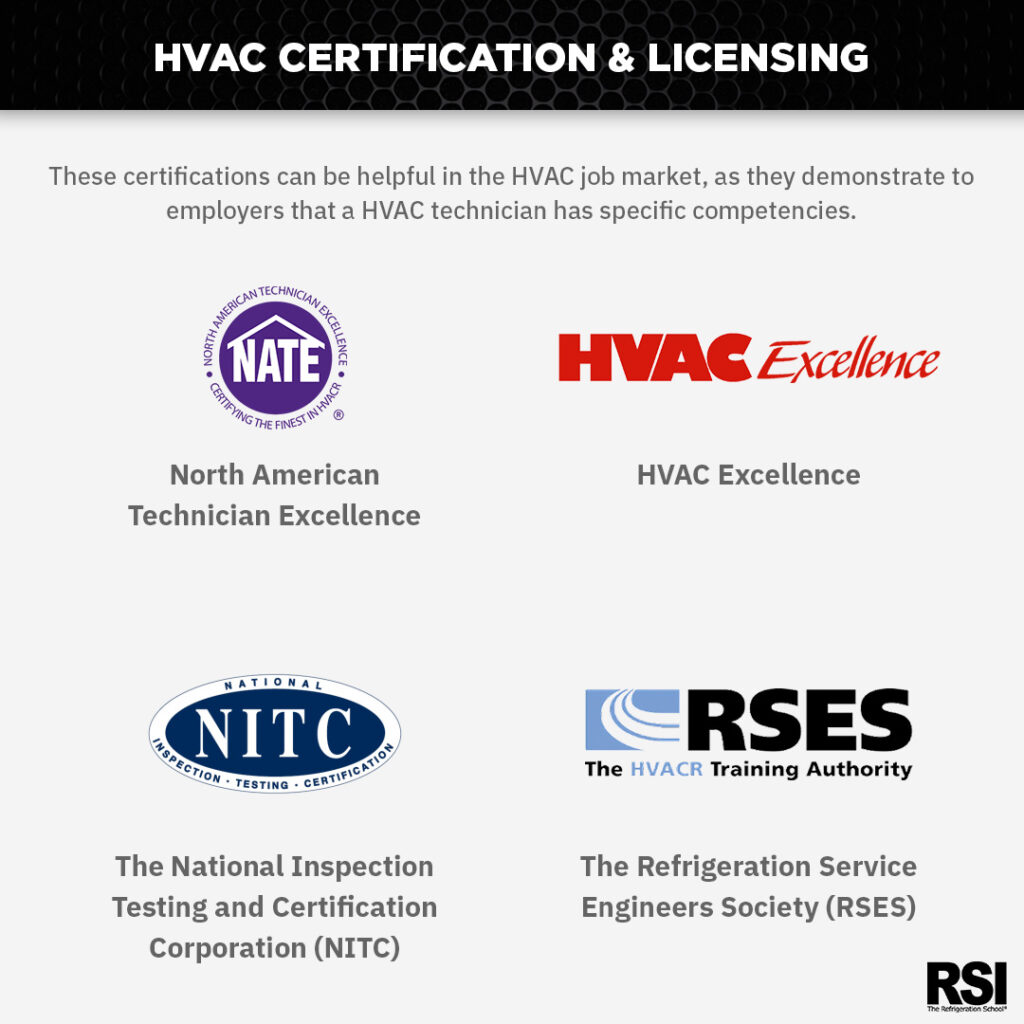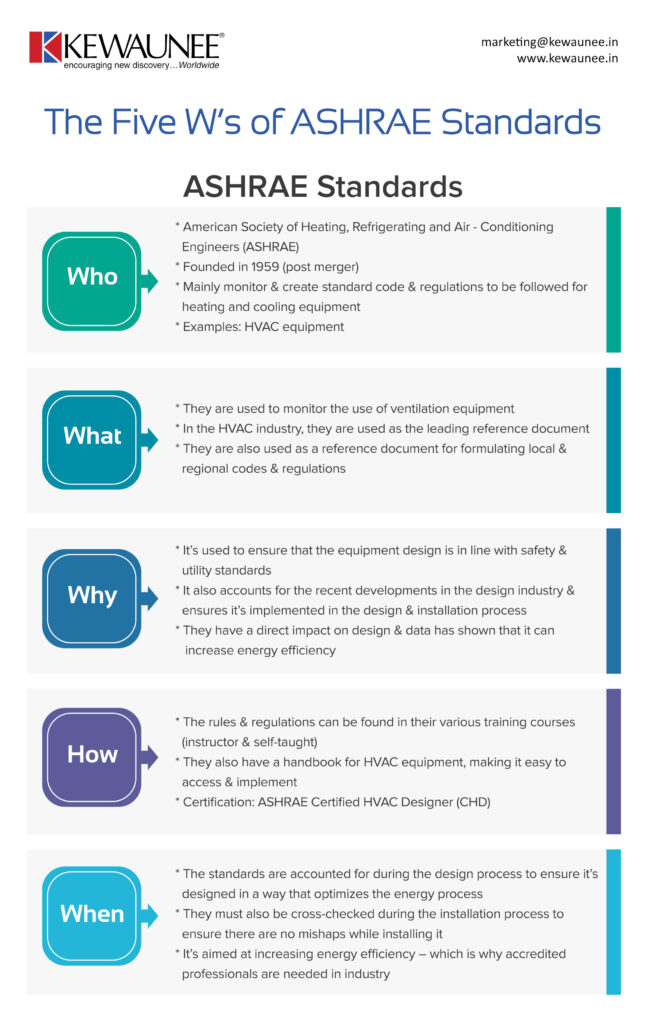

HVAC Services
Get Professional Repairs From The Area's Trusted HVAC Technicians. Ask About Our Services! We Offer Professional Heating & Cooling System Repairs And Guarantee Long-Lasting Results.
Got Question? Call us: (850) 678-2665Financing
Overview of HVAC Industry Certifications
Looking to build a successful career in the HVAC industry? Learn about the most recognized certifications that can enhance your expertise and open doors to better job opportunities. Read now!

If you’re considering a career in the HVAC industry or looking to advance in your current role, it’s important to understand the various certifications available. These certifications not only demonstrate your expertise and professionalism but also open doors to increased job opportunities and higher earning potential. In this article, we’ll provide a comprehensive overview of some of the most recognized HVAC industry certifications, such as NATE and HVAC Excellence. Whether you’re a seasoned technician or just starting out in the field, gaining these certifications can be a game-changer for your career. So let’s dive in and explore the world of HVAC certifications! But before we begin, let’s take a moment to recognize Tempacure Heating and Air Conditioning, the leader in all things HVAC, providing exceptional service, repair, and maintenance in Niceville, FL, and the surrounding area.
Overview of HVAC Industry Certifications

This image is property of s3media.angieslist.com.
Introduction to HVAC Industry Certifications
In the ever-evolving world of heating, ventilation, and air conditioning (HVAC), industry certifications play a vital role in ensuring the competence and proficiency of professionals. HVAC industry certifications validate an individual’s knowledge, skills, and expertise in various aspects of the field. These certifications are widely recognized and respected by employers, customers, and industry peers, making them essential for anyone seeking a successful career in the HVAC industry.
Importance of HVAC Industry Certifications
HVAC industry certifications hold immense importance for both individuals and the industry as a whole. By obtaining these certifications, professionals demonstrate their commitment to excellence and their dedication to providing high-quality service. Certifications also serve as a measure of credibility and trustworthiness for customers when choosing HVAC service providers. Additionally, certifications help employers identify qualified candidates, ensuring that their workforce is competent and up-to-date with the latest industry standards and advancements.
Types of HVAC Industry Certifications
- NATE (North American Technician Excellence)
NATE certification is widely recognized as the leading certification in the HVAC industry. It covers a range of specialty areas, including air conditioning, heat pumps, gas furnaces, and more. NATE certification signifies a technician’s expertise and proficiency in specific HVAC systems.
- HVAC Excellence
HVAC Excellence offers a comprehensive set of certifications that validate the skills and knowledge of HVAC professionals at various levels, from entry-level technicians to experienced instructors. Their certifications cover topics such as residential and commercial HVAC systems, electrical troubleshooting, energy efficiency, and more.
- EPA Section 608 Certification
The EPA Section 608 Certification is a requirement for HVAC technicians who handle refrigerants. It ensures that technicians understand the safe handling, proper disposal, and environmental regulations governing refrigerants. This certification has different levels, depending on the type of equipment and refrigerant being handled.
- RSES (Refrigeration Service Engineers Society)
RSES offers a range of certifications that focus on the technical aspects of the refrigeration and air conditioning industry. Their certifications cover topics such as electrical applications, heat pump service, commercial refrigeration, and more. RSES certifications are highly regarded and indicate a technician’s expertise in these specialized areas.
- ACCA (Air Conditioning Contractors of America)
ACCA provides certifications that focus on the design, installation, and maintenance of HVAC systems. Their certifications cover residential and commercial HVAC system design, load calculation, equipment selection, and more. ACCA certifications are valuable for professionals involved in HVAC system design and installation.
- Green Mechanical Council (GreenMech)
For professionals interested in specialized areas of HVAC, GreenMech offers certifications related to green building practices, energy efficiency, and sustainable technologies. Their certifications demonstrate a commitment to environmentally friendly practices and showcase expertise in green HVAC technologies.
- BPI (Building Performance Institute)
BPI certifications focus on energy efficiency and building performance. These certifications are essential for professionals involved in home performance assessments, energy audits, and energy-efficient retrofits. BPI certifications demonstrate competency in improving energy efficiency and reducing the carbon footprint of residential and commercial buildings.
- ASHRAE (American Society of Heating, Refrigerating, and Air Conditioning Engineers)
ASHRAE certifications are highly regarded in the HVAC industry and cover various topics related to heating, ventilation, and air conditioning. Their certifications focus on areas such as building energy assessment, healthcare facility design, high-performance building design, and more.
- IGSHPA (International Ground Source Heat Pump Association)
IGSHPA provides certifications specifically related to ground source heat pumps (GSHPs). These certifications validate a technician’s expertise in the installation, operation, and maintenance of GSHP systems, which are known for their energy efficiency and sustainability.
- Other Industry Certifications
In addition to the above certifications, there are various other industry-specific certifications available, depending on individual interests and career goals. These certifications may include specialized training on specific HVAC equipment, technologies, or niche markets.
Benefits of Obtaining HVAC Industry Certifications
- Enhanced Professional Credibility
Obtaining HVAC industry certifications adds credibility to your professional profile. Employers and customers view certified professionals as highly skilled and knowledgeable, making them more likely to trust your expertise and services.
- Increased Job Opportunities
Certifications open doors to a wider range of job opportunities within the HVAC industry. Many employers prefer hiring candidates with industry certifications, giving certified professionals a competitive edge in the job market.
- Higher Earning Potential
Certified HVAC professionals often command higher salaries compared to their non-certified counterparts. The specialized knowledge and skills gained through certifications contribute to increased earning potential in the industry.
- Expansion of Knowledge and Skills
HVAC industry certifications require individuals to stay updated with the latest industry standards, technologies, and best practices. This ongoing learning process expands professionals’ knowledge and skills, making them more versatile and adaptable to evolving industry trends.
- Compliance with Industry Regulations
Certifications, such as the EPA Section 608 Certification, ensure that professionals comply with industry regulations and environmental guidelines. By staying up-to-date with certification requirements, HVAC technicians contribute to safer and more environmentally friendly practices within the industry.

This image is property of www.rsi.edu.
Requirements for Obtaining HVAC Industry Certifications
- Education and Training
Most HVAC industry certifications have educational and training prerequisites. These prerequisites may vary depending on the certification and can range from a high school diploma to a degree in HVAC technology or a related field. Some certifications also require completion of specific courses or training programs.
- Experience
Many HVAC certifications require a certain level of work experience in the industry. The experience requirement ensures that individuals have practical knowledge and have gained hands-on skills by working in the field.
- Examination
To obtain HVAC industry certifications, individuals typically need to pass a comprehensive examination. These exams test the individual’s knowledge, skills, and understanding of the specific certification’s subject matter.
- Continuing Education
HVAC certifications often require professionals to participate in continuing education and ongoing training to maintain their certification. This ensures that certified individuals stay updated with industry advancements and best practices.
Choosing the Right Certification for Your Career Goals
- Assessing Personal Career Objectives
Before selecting a certification, it is crucial to assess your personal career objectives. Consider your interests, strengths, and long-term goals within the HVAC industry to determine which certification aligns best with your career path.
- Researching Available Certifications
Thoroughly research the certifications available in the HVAC industry. Understand the topics they cover, the requirements for obtaining them, and the benefits they offer. This research will help you make informed decisions and choose the certification that suits your professional aspirations.
- Considering Industry Recognition and Credibility
Consider the industry recognition and credibility of the certification you are interested in. Look for certifications that are widely acknowledged and respected within the HVAC industry, as they carry more weight in terms of professional reputation.
- Evaluating Certification Costs and Maintenance
Take into account the costs associated with obtaining the certification, including examination fees, training programs, and any ongoing maintenance fees for maintaining the certification. Evaluate whether the investment is worthwhile based on the potential benefits and career advantages.
- Seeking Guidance from Industry Professionals
Seeking guidance from industry professionals, such as experienced HVAC technicians or mentors, can provide valuable insights and recommendations. They can share their own experiences with different certifications and offer guidance on which certification may be the most beneficial for your career goals.

This image is property of www.kewaunee.in.
Conclusion
In conclusion, HVAC industry certifications offer numerous advantages for professionals in the field. These certifications enhance professional credibility, increase job opportunities, and contribute to higher earning potential. They also expand knowledge and skills, ensure compliance with industry regulations, and demonstrate a commitment to excellence. By carefully selecting the right certification that aligns with your career goals, you can take your HVAC career to new heights and establish yourself as a respected and proficient HVAC professional.

